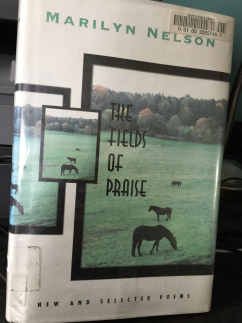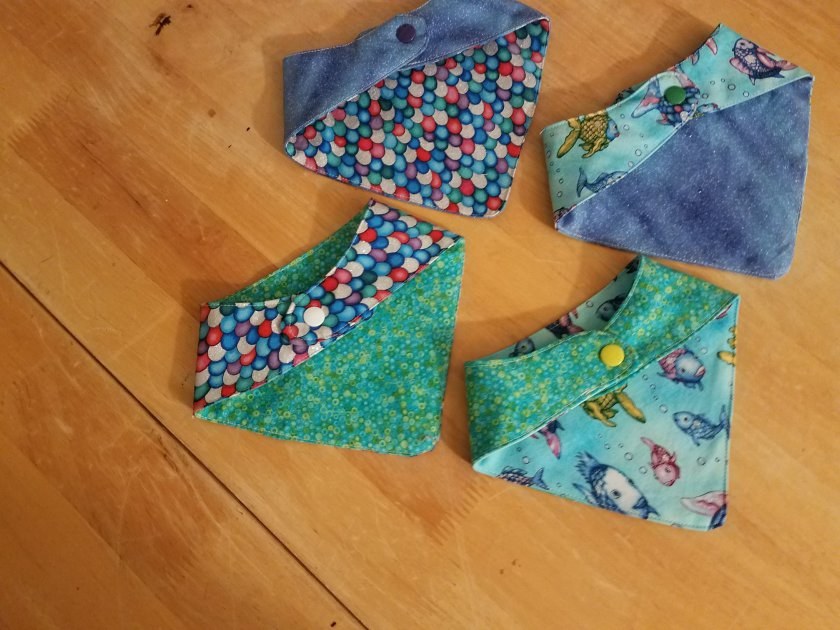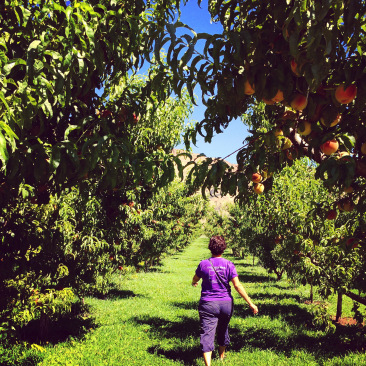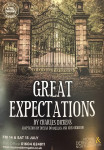That’s a mouthful, I know. Let me explain.

A book I may never have picked up if not for our many ways of getting information.
When I’m not able to read – while cleaning, gardening, cooking, wedged on the train in a way that prohibits even phone reading – I often turn to podcasts. I have a long list of them I like to listen to, ranging from football (Sea Hawkers) to learning (Stuff You Should Know) to word nerdy (A Way with Words).
I was listening to the podcast “On Being” the other day, when she interviewed poet Marilyn Nelson. I had not heard of her before, but my knowledge of poetry is limited to mostly white guys from the distant past. During the interview, the host mentioned a blog post she’d read by a professor on returning to her university office after a year-long sabbatical. While dusting, the professor was reminded of one of Ms. Nelson’s poems named after that very activity. How dust is made up of so many fragments of things of the earth and of life, through all of time – from “particles of ocean salt” and “winged protozoans” to “algae spores” that create “these eternal seeds of rain” – and it made her feel so appreciative of the dust that she almost wanted to stop dusting. (The reminder that we wouldn’t have rain without dust was a fact I’d forgotten, lost in the dusty corners of my mind.)
I bring this up for a couple of reasons. It made me realize that artists see the world in so many interesting ways and inspiration may come from anywhere. I’ve never looked at dust and thought ‘I’m going to write a beautiful poem about that.’ Perhaps next time I am doing some mundane chore, I’ll be moved to look at it differently. I could even expand on that and think about how we might view events, both good and bad, differently. The perspective of dust (i.e., it exists in a time span we can’t really grasp, as does the Earth and the universe) may serve as a reminder of how short a moment we have in this life. We are, after all, destined to become dust ourselves, contributing to the life cycle in another way.
On a less morbid and more mundane level, I am not a very great housekeeper; my house is usually cleanish but far from immaculate. I don’t hate to clean, but I’d much rather do other things. I often feel like I have to justify reading or writing when the house is a mess. This poem, the professor who blogged about it, and the podcast where I was blessed to learn of them, reminded me that our observations and thoughts (and sharing them) are so much more important than whether the house is clean. I did happen to be cleaning while listening to this podcast, so there’s some irony for you.
These are moments that make me realize how lucky we are to have so much information at our fingertips, how much more there is to discover and how seeking out new things can reward us greatly. Especially if the reward is feeling less guilty about spending time reading and writing in lieu of dusting.
Marilyn Johnson said that when she was 13, she prayed to God to “give me a message I can give the world.” I am grateful for her prayer and for the answer she received, because she is a brilliant poet and thinker. In its own circuitous way, one of her messages found its way to me and it gave me inspiration, comfort and motivation to keep doing the work of the mind. It goes to show you that you never know how your message might help somebody somewhere, if you just believe in yourself and keep going.
Advertisements Share this:





